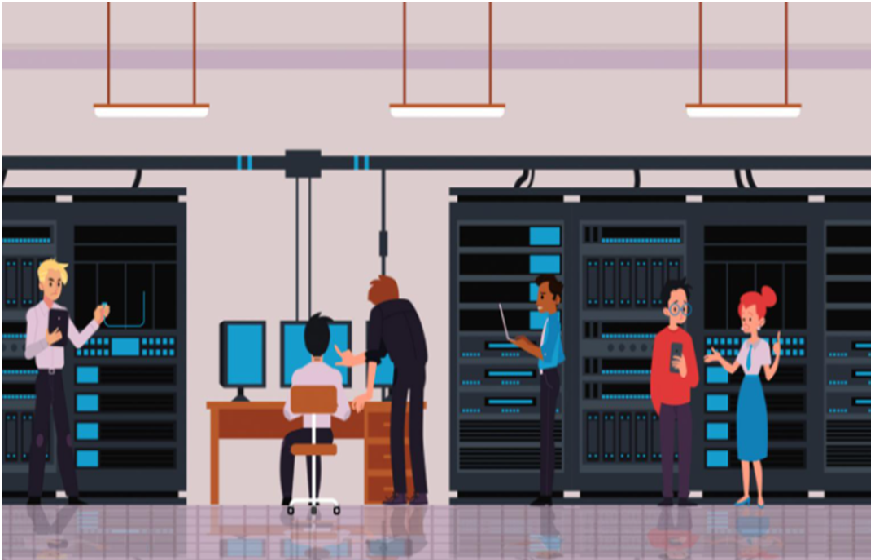Demand for colocation service is expected to surge in the next few years. The colocation industry itself has reached the $30 billion benchmark.
As per a report, the number of companies that switched to colocation in the last two years exceeded the number of companies that did so in the last 10 years by more than double.
Put simply, colocation is all the hype these days.
More and more companies have started building their own data centers, allured by its security and level of control.
As an established hosting provider with more than two decades of experience, we are approached a lot by people planning to make the switch to colocation. So, we thought it is somewhat essential that we dedicate an entire article on the same.
So here are a few reasons why you should move to colocation.
Scalability
Out of a billion reasons, scalability gets cited the most. One of the primary reasons why companies switch to colocation is that it is scalable. This scalability gives companies the freedom to quickly scale their resources when needed.
The time that it takes to build an in-house data center can be prohibitive for firms that need to frequently scale their computing resources due to changing market demands.
With the colocation services at the place, these organizations are able to quickly cater to the customer demands because they have a scalable compute environ.
Real Estate
Data centers take a hell lot of space. If you have ever seen a data center before, you would know a single cabinet can be as large as a small room.
The amount of space is limited, especially in smaller companies running in a shoestring budget. Colocation centers eliminate the need to lease more real estate so more of the critical functions can be accommodated in the given space.
Maximize uptime
Legacy data centers, which most businesses procure on-site, have one big limitation – they undergo a considerable amount of outage. Subsequently, legacy data centers are more prone to outages because they use outdated equipment.
When you switch to colocation, you get the flexibility to update older hardware into new ones without having to upgrade the supporting systems. This means you can upgrade system components without over stressing your budget.
Purchase only what’s needed
You can get a pretty decent server for $2000 or less. The problem is when you stack more and more server, you need to take care of power, cooling and maintenance.
You cannot have a server to sit in the same room you keep your groceries. Although that wouldn’t interfere with the performance, your workstation will die out sooner than it usually does.
In a normal server setup, you configure not just the server but also the supporting systems which include power, cooling, backup. With colocation, on the other hand, you purchase only the main server, the onus of cooling and backup is on the provider.
Redundant systems
Colocation facilities depend upon not one but multiple power lines so when one fails, the other could keep the servers running. Colocation providers also have established connections with multiple network providers for the same system. This helps ensure a high level of redundancy which, in turn, warrants even higher network uptime.
Remote location
Colocation providers aren’t located just anywhere. They consider a lot of factors like natural disasters that could lead to an outage. While most colocation facilities are located in remote places, those located in cities have high perimeters to keep intruders at bay.
Put simply, a low-budget data center cannot match the level of security provided by colocation facilities.
Always ask for compliance certificates
Every customer is different and so is every vendor. While most colocation service should cover everything mentioned above, do ask your provider if it has valid certificates to verify the claim. The provider must be ISO compliant with valid proof of assured up time.
Several organizations independently assess the efficiency, infrastructure and comprehensiveness of colocation facility. Make sure you have done enough research and make an informed decision in the end.










